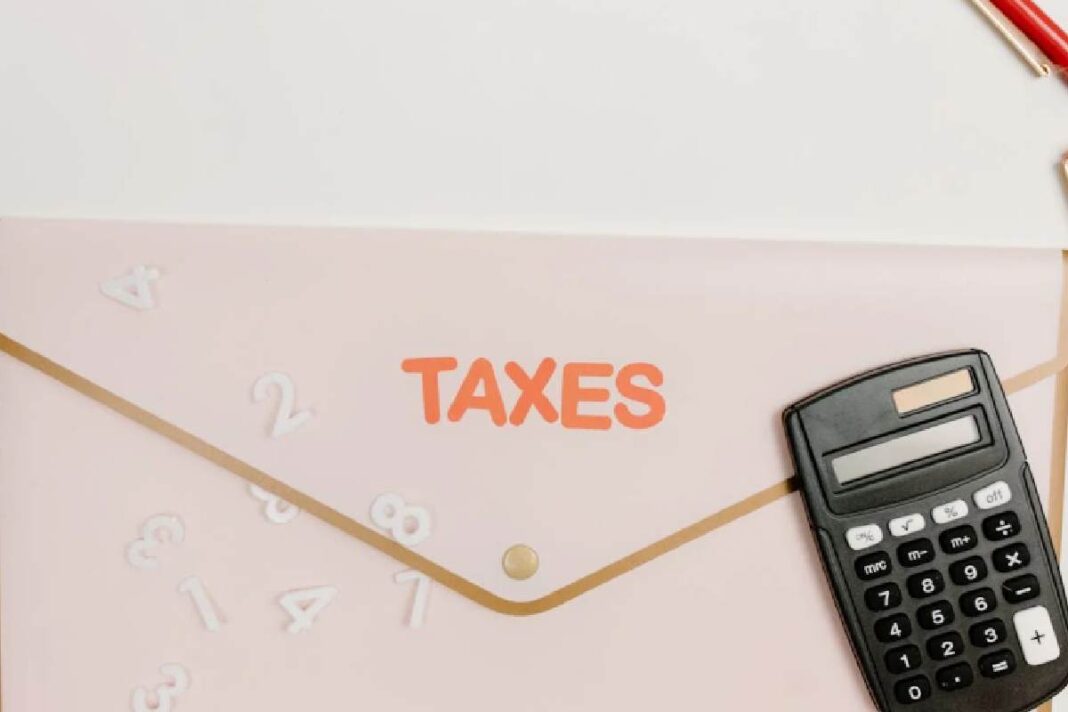The Intersection of Financial Technology and Tax Solutions
The world of finance and taxation is undergoing a significant transformation thanks to the emergence of financial technology, or fintech. In recent years, fintech has revolutionized how individuals and businesses manage their financial affairs, making processes more accessible, efficient, and transparent. Tax solutions stand out as a prime beneficiary among the many areas in which it is reshaping.
Fintech tools are now enabling taxpayers to easily navigate the complex landscape of tax obligations, offering tailored solutions that simplify compliance and financial management. For those dealing with overwhelming tax debts, exploring a trusted tax relief service becomes even more seamless through technology.
How Fintech Simplifies Tax Solutions
Taxation is among some of the oldest problems solved using advanced fintech innovations. A task that has in the past been time-consuming, such as filing taxes, has been made easier by platforms that calculate and self-check and offer real-time assistance. These tools employ an algorithm that helps compare taxpayers’ financial information to ensure that allowable deductions have been claimed and all errors have been avoided.
In addition, fintech services also facilitate tax payments, which are otherwise known as tax dues. Digital wallets, secure payment gateways, and automated payment reminders enable taxpayers to avoid the hardships of tracking due dates. By incorporating the above tools with taxation compliance, one or several people may be able to check their financial status without incurring fines.
Fintech is not only an enabler of meeting compliance requirements but also a facilitator helping to connect taxpayers with relief. For example, people with tax liabilities can utilize dedicated fintech applications to determine the chances of receiving such exemptions, work out payment schedules, and engage in conversations with taxing bodies. Such accessibility was unimaginable a decade ago; this proves the role of fintech.
Bridging Tax Relief and Financial Management
A more exciting feature of fintech in the tax context is the opportunity to assist those applying for tax exemption. Tax relief programs are essential to anyone or any organization struggling to manage their debts, and through fintech, it becomes relatively easy to access these programs. Using simplified user interfaces, a taxpayer could find out whether or not he or she is eligible for relief, the estimated amount of the refund or credit, and other information and documents that are required by an agency electronically.
Furthermore, fintech aligns well with other financial management applications so taxpayers can see their big-picture financial position at a glance. This all-encompassing approach allows people to make the right choices and become responsible taxpayers meeting their other financial needs. For instance, integrated platforms can produce payment structures that reflect a user’s income, expenditure, and planning horizon to attain sustainable economic health.
Fintech also provides information that assists taxpayers in making better choices. Through the provision of in-app descriptions and opportunities for video and virtual consultations, fintech platforms reduce the seemingly treacherous experience of seeking tax relief. The integration of convenience and education gives users confidence in handling or dealing with tax problems.
A Future of Enhanced Tax Solutions
With the advancement of fintech, technology’s involvement in solving tax problems will increase. The use of artificial intelligence and blockchain technology is expected to continue to disrupt the sector in the future. It can also forecast future tax risks and suggest how to avoid them for users of the tax platforms based on AI. On the other hand, blockchain technology enhances the security and integrity of monetary transactions, thereby building confidence in tax payment and resolution.
Furthermore, there is a growing trend towards segmenting fintech by certain categories. For instance, small businesses, self-employed, and gig economy workers usually experience some issues about tax since they earn in an unpredictable pattern. These groups can now find fintech platforms that introduce features tailored to help manage taxes without spending extra money on professional services.
Apparently, further development of cooperation between fintech companies and governmental institutions can bring even more advancements. Frequent tax assessments and automatic audits could be another norm, as could much simpler tax codes, and the overall amounts due could be assessed and collected more efficiently.
Conclusion
In this case, combining financial technology and tax solutions is a revolution in how people and companies deal with taxes. Through fintech, taxpayers can access efficiency, quality information, and necessary relief measures. The applicability of technology to taxation fosters better improvement in tax solutions, and the future looks bright with solutions that everyone can afford. Whether one wants to prepare their taxes and e-file or look for a total tax relief solution, it is safe to say that fintech has made positive changes.


